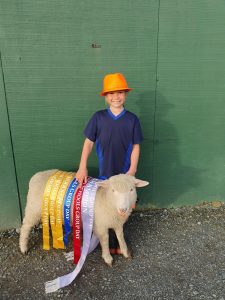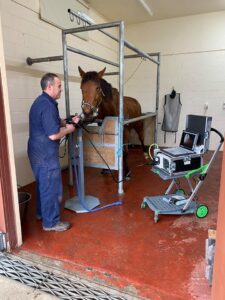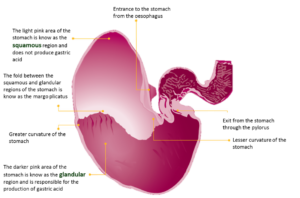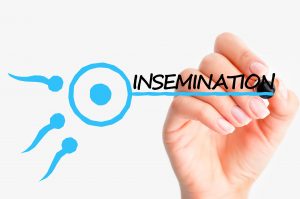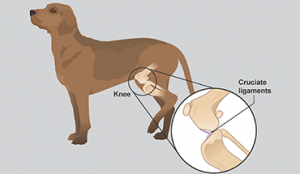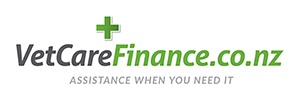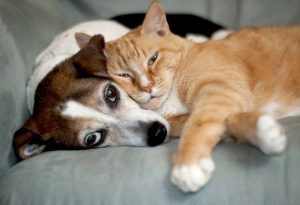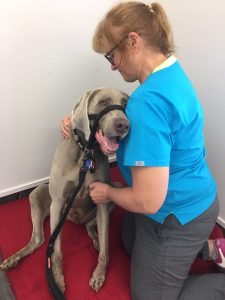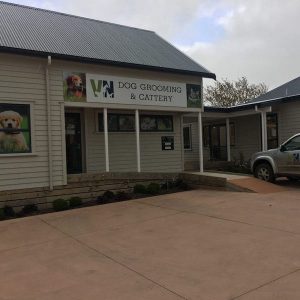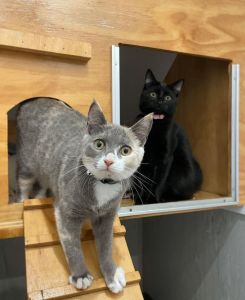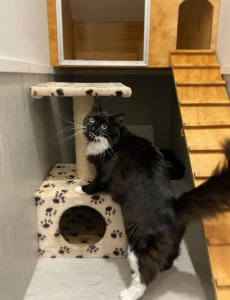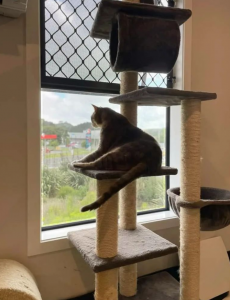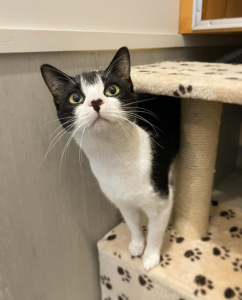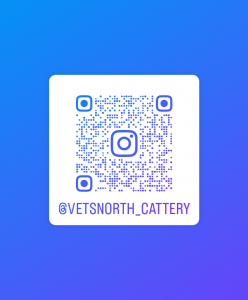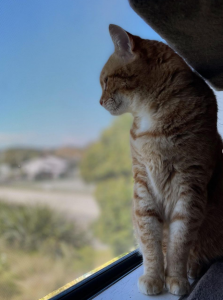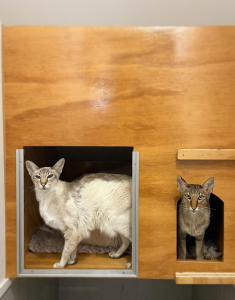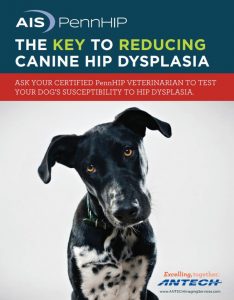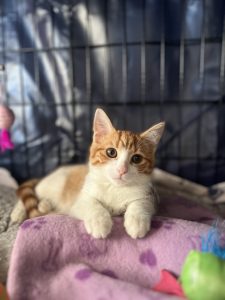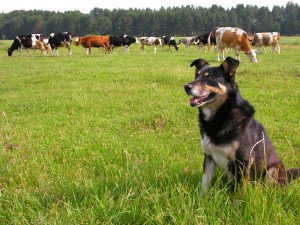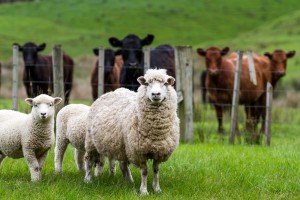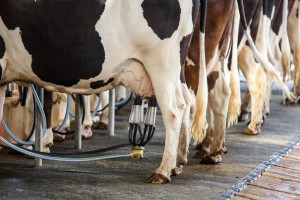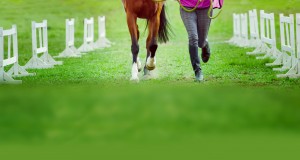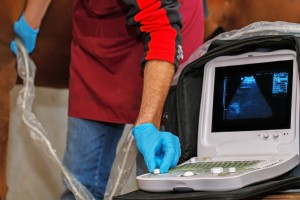Feeding guide
All ruminants need colostrum in the first 24 hours (ideally the first 12) of life and after 24 hours the lamb will no longer be able to absorb the antibodies in the colostrum. Colostrum provides lambs with protection from infection for the first 12 weeks of life so that first feed is vital! They can receive colostrum from the mother ewe, colostrum from another animal (cow colostrum will do in a pinch), or powdered colostrum such as ‘New Born’ or ‘Jumpstart’ which we stock. Ideally the colostrum will be fed over the first 48 hours while you transition onto warm milk replacer by slowly reducing the amount of colostrum and replacing it with ‘Anlamb’ or an equivalent product. A lamb should be drinking 10-15% of its body weight daily initially in 5-8 feeds per day. This should then be transitioned to the cold yoghurtised mixture by mixing the warm milk replacer with the cold yoghurtised milk in increasing amounts until we’re on straight yoghurtised milk by day 7. Remember to mix the yoghurtised milk well before taking each feed out as it may settle out or form a bit of a crust on top.
Navel ill
This term is commonly used to describe navel infections in young animals. To prevent this, the navel should be sprayed with iodine once a day until it has started to dry out. Keeping bedding clean and dry will also reduce the risk of infection
Joint ill
This is a common consequence of navel ill. Bacteria get into the blood stream via the navel and then find their way into the joints. Joint ill is one of the most common causes of lameness in young lambs. If left untreated they can result in significant damage to the joint so should be seen promptly and will likely require antibiotics and pain relief.
Abomasal bloat
The abomasum is the 4th stomach in ruminants like sheep. In young ruminants the milk is diverted directly to the abomasum rather than into the rumen where feed will end up once they start grazing. Abomasal bloat (bloat of the abomasum) occurs when there is gas produced in this part of the stomach that is unable to escape, causing it to blow up like a balloon and putting pressure on other organs and potentially causing it to rupture. This happens when certain bacteria present in the abomasum combine with sugar from a milk diet and rapidly produce a large amount of gas.
What if your lamb is already bloated? Give us a call! We can pass a needle into the stomach to remove the excess gas and sometimes antibiotics and anti-inflammatories may aid recovery.
Yoghurtising milk
The best way to prevent bloat in lambs is to feed ‘yoghurtised’ milk replacer. This reduces the amount of sugar available to the bacteria in the gut and provides probiotics (‘good bacteria’) that compete with the harmful bacteria, preventing them from over populating the gut. Feeding this mixture cold also slows the breaking down of any remaining sugars, further reducing the risk of bloat.
There are a range of different recipes out there for yoghurtising milk, but I think the most practical approach is to prepare 5-7 days’ worth at a time as the mix won’t last too much longer than that in the fridge. The way we do this is by adding live acidophilus yoghurt to the milk at a ratio of 1:7 and storing in a bucket in the hot water cupboard or a chilly bin with a hot water bottle for 12-24 hours. After this the mixture should be stored in the fridge. 200mL from this mix can then be used as a starter for your next batch so it might pay to have two buckets so you can start the next batch before the first is finished. It’s also worth mentioning that the bucket should be able to hold twice the volume you’re putting into it—this should prevent any messy explosions in the hot water cupboard!
What if your lamb is already bloated? Give us a call! We can pass a needle into the stomach to remove the excess gas and sometimes antibiotics and anti-inflammatories may aid recovery.
Scours (diarrhoea)
Scouring can occur for a range of reasons but the most common is probably nutritional scours. This can be due to over feeding or a sudden change in diet. We can often use a binding agent such as ‘Biopect’ to help slow the movement of ingesta through the gut to help with digestion. The next most common causes of scours are rotavirus and cryptosporidium. These are infectious and can spread to people as well so make sure you wash your hands after handling scouring lambs! There is a specific treatment for cryptosporidium but this usually costs more than people are willing to spend on a lamb (even an ag day lamb!) so we generally manage these cases with supportive care. This largely focuses on feeding electrolytes in between milk feeds. Dehydration is the biggest enemy in scouring lambs so as soon as any diarrhoea starts we should start supplementing with electrolytes. If you lamb is not feeding well then anti-inflammatories may be required to alleviate any abdominal discomfort.
What if your lamb is already bloated? Give us a call! We can pass a needle into the stomach to remove the excess gas and sometimes antibiotics and anti-inflammatories may aid recovery.
Docking
Castration and tail docking are painful procedures but tail docking is important for reducing the risk of fly strike later in life. Tail docking can be done in the first week of life but castration may need to wait a little longer – usually 2-3 weeks of age. It can be done without pain relief currently in New Zealand but we also offer these procedures in clinic with local anaesthetic and a long acting anti-inflammatory. The other option is the Numnuts applicator that can be hired from Vets North to allow you to perform the docking and castration at home with the use of local anaesthetic. It’s not as effective as the way we would do it in clinic but provides a good middle ground if you’d rather do it yourself but would still like to provide some pain relief.
And don’t forget about tetanus protection!
Lamb Vax and 5in1
In an ideal world, ewes should get a 5in1 vaccination 2 weeks before lambing and the lamb would get a good feed on colostrum in the first hour of life. In reality, even if the ewes got their 5in1, our ag day lambs are often orphans and don’t always get a good drink of colostrum off mum. To make sure our lambs still get some protection we can give them lamb vax. This is a dose of antibodies to provide immunity rather than stimulating the body to produce its own antibodies. This gives the lamb the protection means around high risk periods like tail docking. The lambs will also need their 5in1 vaccinations at the later date however. This requires 2 shots given 4-6 weeks apart. The 2nd shot must be given at 12 weeks of age or older so the first shot should be given no earlier than 6 weeks of age.
You can pick up 5in1 vaccinations from Vets North in single ready to use syringes or you can book in for a nurse to administer the vaccine.
If you have any questions please feel free to get in touch with our team, we are always happy to help. You can phone us on 094208325 or e-mail helensville@vetsnorth.co.nz
request more information



 0800
0800 